In this post, we will learn the concept of HVAC.
HVAC stands for Heating, Ventilation, and Air Conditioning. HVAC is a type of automation system which is used for handling air quality and thermal comfort given to the human environment for survival.
HVAC is based on thermodynamics, fluid mechanics, and heat transfer. Just like different types of automation systems, HVAC too is a type of automation system.
HVAC is one of the most important parts required when setting up a high-rise building, commercial complex, industrial unit, hospital, parking unit, hotels, etc. where air quality and thermal parameters need to be maintained so that the personnel around can live properly.
Traditional HVAC systems worked without PLCs; but nowadays, almost all of them have PLCs installed for better and more accurate control.
What is HVAC?
As discussed earlier, HVAC stands for heating, ventilation, and air conditioning. Some require it for cooling purposes, or heating purposes, or ventilation. HVAC maintains the required temperature, humidity, air pressure, and quality required in any particular room or area.
HVAC keeps us warm in winter and cools in summer. It reduces humidity raised during the monsoon season. HVAC keeps the indoor and outdoor air clean in almost any season.
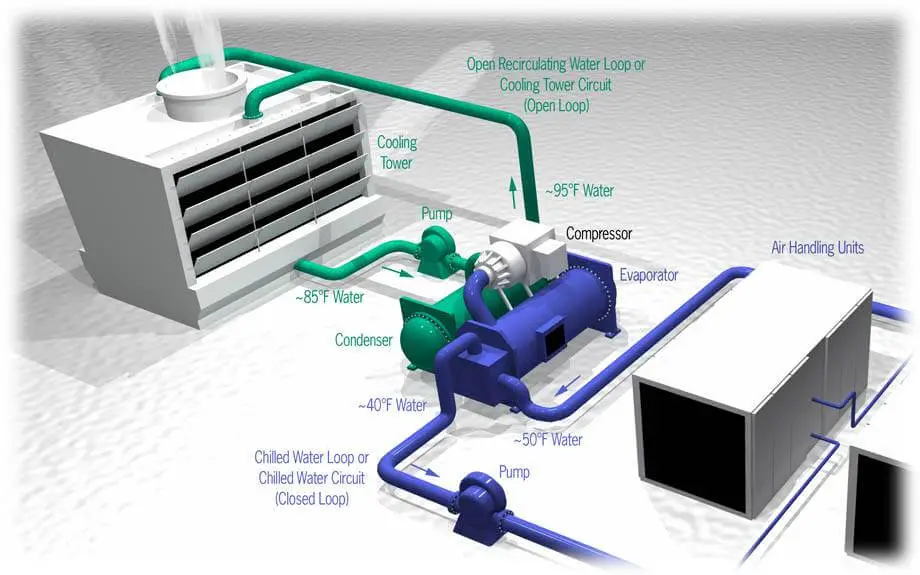
What is Heating Process?
As the name implies, the heating process in HVAC is used to heat or warm a particular area or room. It uses components like a furnace, boiler, and heat pump.
It uses three basic methods of heating – conduction, convection, and radiation. It is required in cold climates or areas where heat is important for survival or any process; and needs to be maintained.
What is Ventilation Process?
As the name implies, the ventilation process in HVAC is used to keep the air flow clean and steady; be it outdoors or indoors. It exchanges indoor air with outdoor air for maintaining a fresh air supply.
One of the most used applications of ventilation is in car parking areas. Big vent fans are used to remove carbon dioxide emitted from vehicles when it exceeds a certain limit. This keeps the air fresh and the area free from pollution.
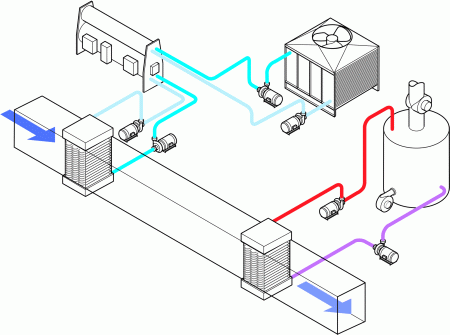
What is Air Conditioning Process?
As the name implies, the air conditioning process in HVAC is used to cool a particular area or room. It uses components like air conditioners, chillers, and cooling towers.
It is required in hot and humid climates or areas where cooling and humidity are important for survival or any process; and needs to be maintained.
Types of HVAC Systems
The types of HVAC systems are classified as follows.
They are
- Split system
- Hybrid heat pump
- Ductless mini-split
- Ducted mini-split
- Packaged system
HVAC System Components
An HVAC System consists of the following components
- HVAC water chillers
- HVAC heaters
- Hot water generator or furnace
- Chilled water pumps
- Cooling water pumps
- Electrical power supply control or Motor control center (MCC)
- Cooling towers
- Piping for chilled water and cooling water or condenser side water
- Valves for chilled water and cooling water sides
- Air handling units (AHUs),
- Heating coils and cooling Coils
- Ducts in the ventilation system
- Fan Coil Unit and thermostats
- HVAC Diffusers and grills
- HVAC controls (instrumentation)
- HVAC software
In this way, we understand the basic concept of HVAC.
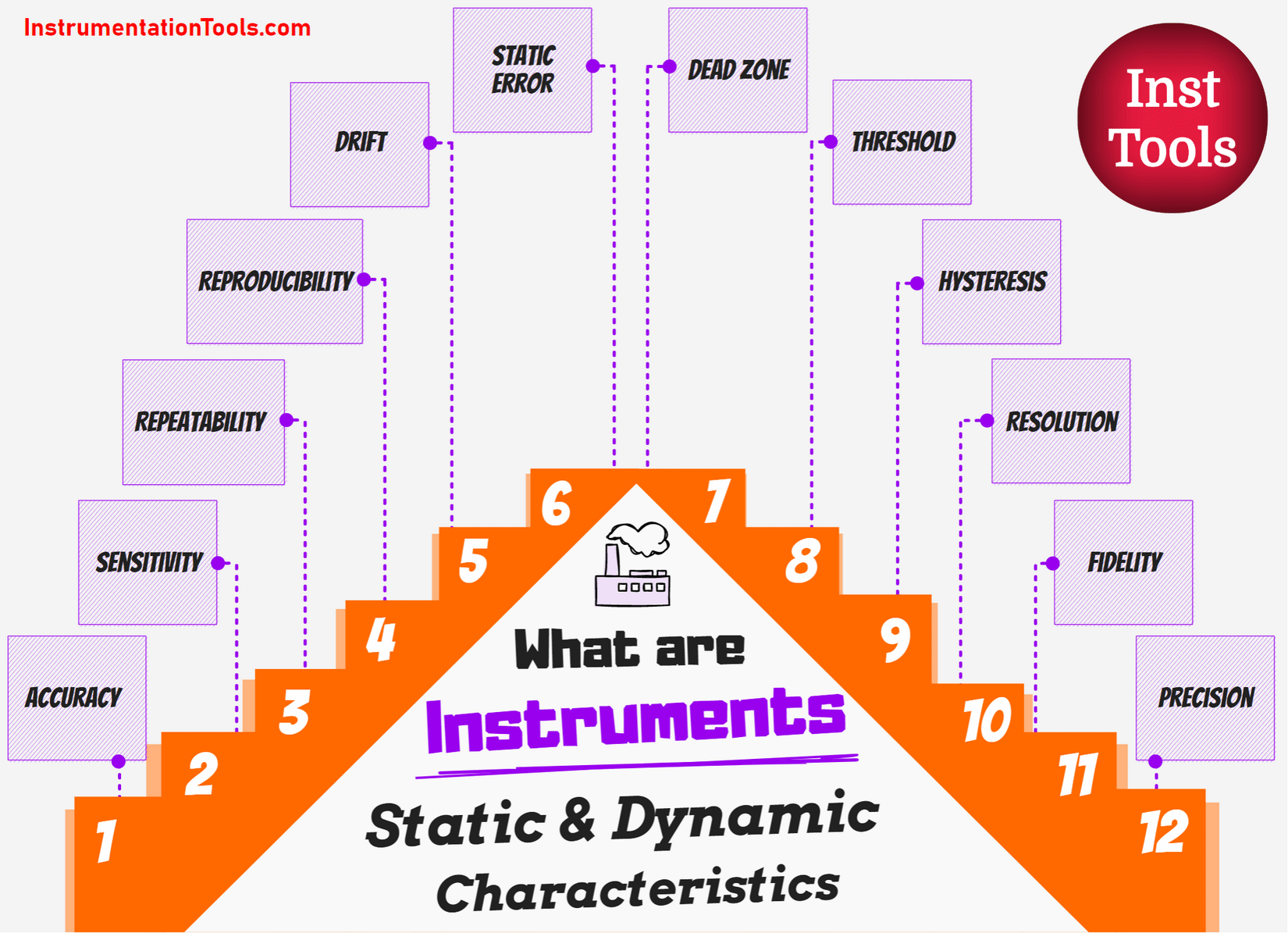




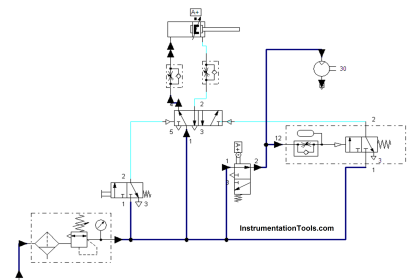
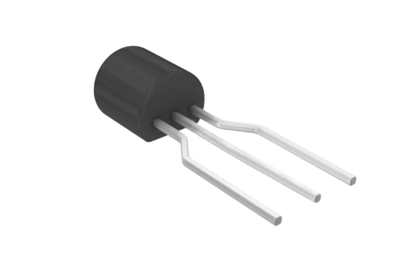


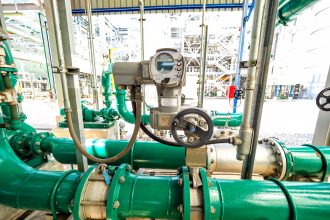

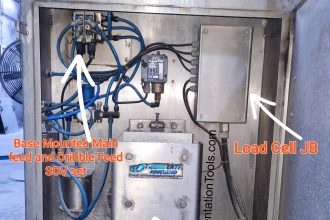

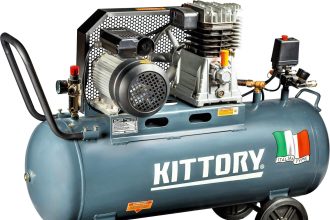
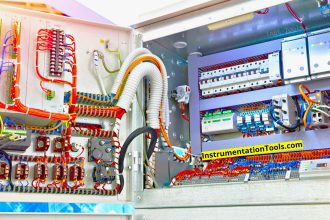
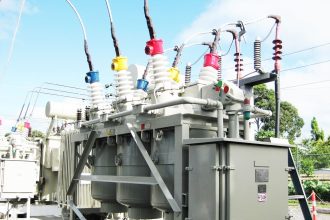

Hi,thankyou for sharing information about HVAC System,HVAC System Basic Components and HVAC system working Principle .Nice blog
We are constructing a water treatment plant. We are using chlorine as a disinfectant. For the chlorinator room having a size of 10 m X 10 m X 4 m (L X B X H), we want you to install exhaust fans that can exchange the room air at the rate of 3 times an hour. Also, in case of an emergency (when there is leakage of chlorine gas), we want to you to install exhaust fans that can exchange the air from this room at the rate of 20 times an hour. Please advise.
thanks. keep it up.